Scientists Say
A weekly word defined, in a sentence and in context.
-

Scientists Say: Replication
A scientist can run an experiment and get a result. But that result won’t be truly trustworthy until other scientists rerun the tests and replicate the findings.
-
 Physics
PhysicsScientists Say: Potential energy
This is the energy an object has because of its position or condition.
-
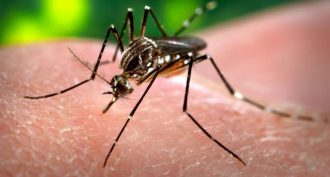 Health & Medicine
Health & MedicineScientists Say: Zika
Zika virus has burst into the news because it is linked with microcephaly — a condition where babies are born with small heads.
-
 Chemistry
ChemistryScientists Say: Precipitation
Chemicals can dissolve into a solution, but when they come out, they precipitate.
-
 Brain
BrainScientists Say: Amusia
When you can’t carry a tune, you might have amusia, a brain disorder where people can’t tell one note from another.
-
 Chemistry
ChemistryScientists Say: Solution
In math, this is just the answer to your problem. In chemistry, this word means something else entirely.
-
 Chemistry
ChemistryScientists Say: Base
Bases are chemicals that contain negatively charged chemical groups made from oxygen and hydrogen. They lend coffee its bitter flavor and have pH rankings higher than 7.0.
-
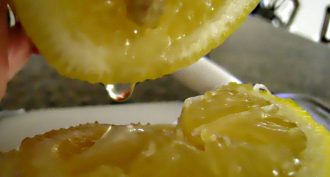 Chemistry
ChemistryScientists Say: Acid
When a chemical tastes sour, ranks below 7.0 on the pH scale and has many hydrogen ions in its solution, it gets a special name.
-
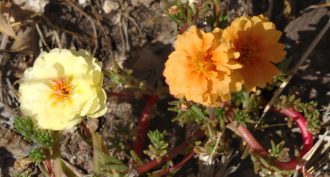 Genetics
GeneticsScientists Say: Mutation
Information in an organism is stored in a code. Here’s the word scientists use to describe a change in that code.
-
 Chemistry
ChemistryScientists Say: Keratin
Keratin is a fibrous protein that gives our nails and hair their strength.
-
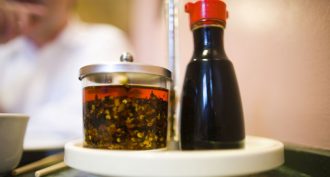 Health & Medicine
Health & MedicineScientists Say: Umami
What’s the word for something savory? Umami is a taste, and is often described as being meaty.
-
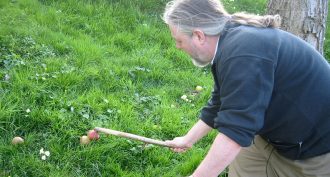 Chemistry
ChemistryScientists Say: Joule
A joule is the amount of work done when a force of one newton moves an object one meter. It’s also the energy required to produce one watt for one second.